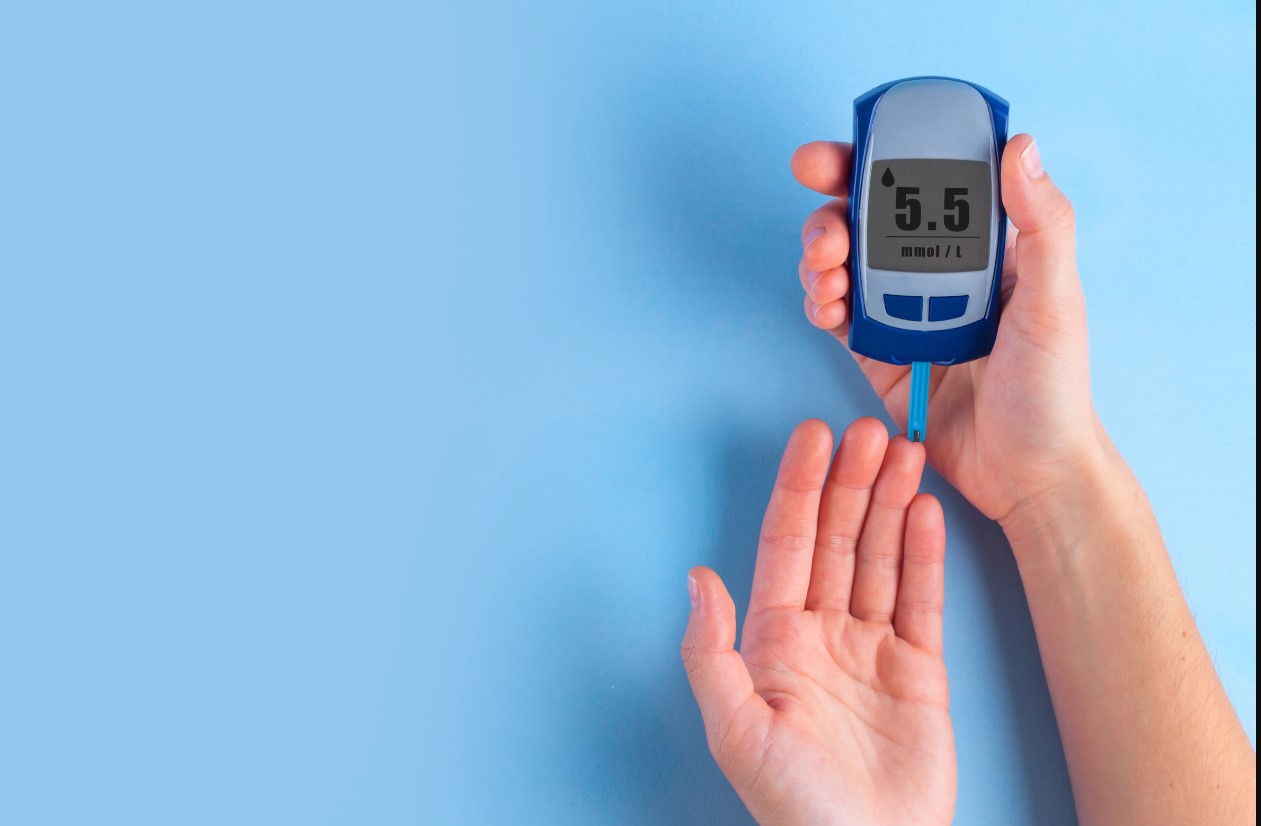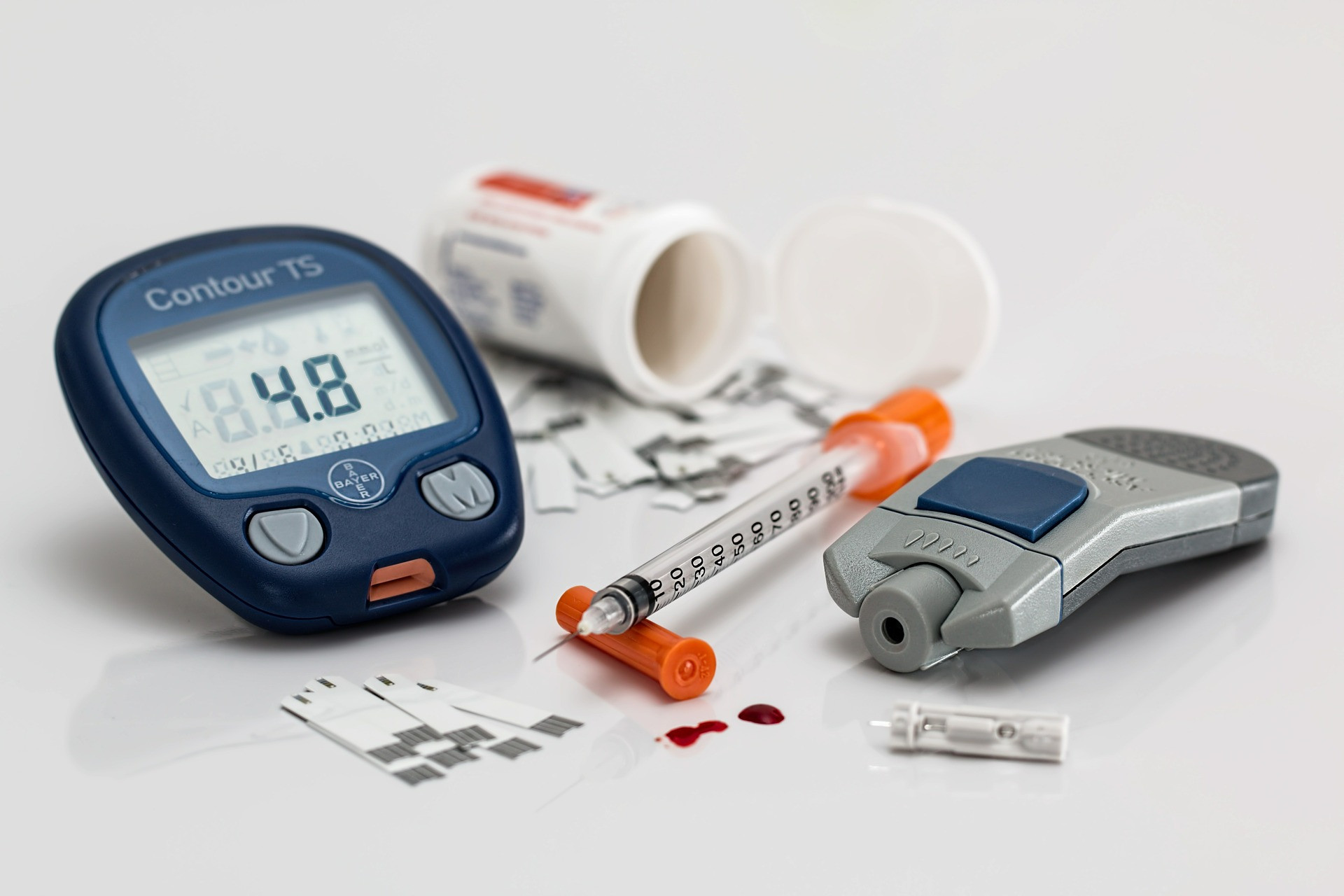
UP TO 40% OFF SITEWIDE






Causes of High Blood Sugar Other than Eating Sugar


In the early stages of after you found out you had diabetes, you probably checked your blood sugar levels frequently to see how things like food, exercise, stress, and illness affected them. For the most part, you know what you're doing.
Well, occasionally you will be like what the hell? Why is my blood sugar so high out of a blue? You thought you knew everything but now you kinda feel lost. I am Dr. Ergin, also known as SugarMD trying to help everyone in the universe with diabetes, prediabetes, and insulin resistance.
Today I will help you understand all the non-classical high blood sugar triggers you need to watch out for. Make sure you read the entire article because you will be surprised to learn something new in every paragraph of this article Knowledge is power! Look out for these surprising triggers that can send your blood sugar soaring:
Sunburn
When skin is not protected from the sun, it can cause sunburn and skin damage for anyone who spends too much time in the sun. Stress hormones, however, can be released in excess by a severe sunburn in those with type 1 and type 2 diabetes, increasing their risk of developing high blood sugar.
A waterproof sunscreen with an SPF of at least 30 is recommended for basic protection, while children and teens with more sensitive skin may require a different amount of protection. When it comes to protecting your skin from the sun's rays, you can wear a sun hat and restrict your exposure to the sun during peak hours (late morning and early afternoon).
Coffee
Even without sweetener. Some people’s blood sugar is extra-sensitive to caffeine. Stress hormones, such as epinephrine, are elevated by caffeine (also called adrenaline). Your cells may not be able to metabolize as much sugar if you have too much adrenaline in your system. Also, adenosine receptors, a protein, are blocked by coffee.
It works by binding to the same receptors that adenosine would typically bind to. As a result, it avoids the drowsiness that happens when the body's adenosine levels rise. This molecule has a significant impact on the amount of insulin produced by your body. How your cells respond to glucose is also influenced by this level of adenosine.
When you drink caffeine, your body retains adenosine, which has a significant impact on insulin production. Your sleep is disrupted as a result, too. Caffeine can keep you awake if consumed in excess. Well, Insulin resistance will be induced by a lack of sleep as we will discuss in a second. Normal people can easily compensate for the effect of coffee raising adrenalin levels but with diabetes, it becomes a bit of a problem.
Losing sleep
Even just one night of too little sleep can make your body use insulin less efficiently. Sleep loss causes an increase in cortisol, which in turn raises glucose levels. Sleep loss affects insulin sensitivity, which in turn affects glucose levels. Insulin and cortisol levels are influenced by the time of day a person sleeps, both of which affect glucose levels.
Sleep deprivation increases oxidative stress and inflammation, which in turn affects glucose levels Sleep loss increases inflammatory markers IL and TNF alpha, which can lead to insulin resistance, which affects glucose levels. Skipping breakfast Going without that morning meal can increase blood sugar by the time it is lunch.
I have a lot of patients who would tell me I did not even eat breakfast. I do not understand why my blood sugar is so high. When you have a high-protein breakfast actually you lower the glucagon and cortisol levels which are hormones that cause insulin resistance and they are the same hormones that raise your blood sugar in the morning. Having breakfast literally calms them down. I don’t mean you to have cereal or pancakes for breakfast because that will defeat the purpose.
Dawn phenomenon
People have a surge in hormones early in the morning whether they have diabetes or not. For people with diabetes, blood sugar can spike way higher. In the early morning, hormones (such as adrenaline and cortisol, growth hormone and glucagon) are released into the bloodstream.
Blood sugar levels rise as a result of these hormones causing the liver to release its glycogen (which is converted into glucose). Basically, these hormones do not get along too well with insulin. Although it's not quite clear why this occurs, the release of these hormones is commonly used to provide an extra burst of energy. It is proposed that you wake up with an increased supply of glucose in order to get going on your morning routine should you skip breakfast or on a low carb diet etc.
Dehydration
Less water in your body means a higher blood sugar concentration. Drinking water does not necessarily work like medicine but not drinking water can cause worsening of high blood sugars if you become dehydrated because your kidneys will not have the opportunity to get rid of high blood sugars. Nose sprays for your cold.
Some have chemicals that trigger your liver to make more blood sugar. Nasal sprays commonly contain epinephrine, phenylephrine, and pseudoephedrine; however, certain cold medications are taken orally also contain these active ingredients. Some sprays contain steroids such as Flonase. Most of you know that steroid are biggest enemy of insulin and will definitely cause rise in your blood sugars.
Gum disease
It’s both a complication of diabetes and a blood sugar spiker. When you have gum disease, germs enter the bloodstream when you chew or brush your teeth. In response, your body's defense mechanism releases a series of strong chemicals with potentially detrimental consequences across your entire system.
Increasing your blood sugar is an example of this. In persons with type 2 diabetes, treatment of severe illness (such as extensive cleansing) can result in a reduction in blood sugar levels. You'd get the same benefit if you added another drug to your current diabetes medication, which is about the same. That is a pretty good investment hah?
Excessive heat
Extreme heat can be problematic for people with diabetes. Blood glucose levels are impacted by exposure to high temperatures. People with diabetes are more likely to become dehydrated if they are exposed to high temperatures or engage in moderate to high amounts of physical exercise in the heat.
No wonder why your blood sugar may be high on those days you work in your garden or backyard under the sun! Type 1 and 2 diabetics are more sensitive to heat than those without the disease. This does not happen to everyone but if it does here is why. A number of diabetes issues, including damage to blood vessels and nerves, can impact your sweat glands, making it difficult for your body to cool itself.
Heat exhaustion and heat stroke, both of which are life-threatening conditions, can result from this. High temperatures accelerate the rate at which people with diabetes get dehydrated (lose too much water to their bodies). Dehydration can occur if you don't drink enough water, which raises your blood sugar levels as well.
Insulin sensitivity can be affected by heat and high temperatures. Testing your blood glucose levels and adjusting your insulin dosage, as well as what you eat and drink, may be necessary if you have diabetes.
Artificial sweeteners
Researchers found that saccharin for example which is Sweet‘N Low, even sucralose which is your glorious Splenda, and aspartame which is your lovely NutraSweet and Equal raised blood sugar levels by dramatically changing the makeup of the gut bacteria.
What do these bacteria do?
Well, these lovely bacteria in your intestines help with nutrition and the immune system. There are trillions of them way more than the total cells of your body. Actually, 4 pounds of your body weight is bacteria. So literally, we all are full of shhh… Not I won't say it! Let's see how the researchers did the study. They added the artificial sweeteners that I just mentioned to the drinking water of mice.
What did they find?
Well, the blood sugar levels of these mice were higher than those who drank regular sugar water after consuming artificial sweeteners for a while. Also, it did not matter if they were on a low-fat or high-fat diet. Sugar rose so much that it was almost diabetic blood sugar levels. Well, now these are mice, and we are not. We are humans.
How does this relate to us in terms of how much sweetener?
They calculated that the mice fed artificial sweeteners took in a daily amount equivalent to what humans get in about four cans of diet soda. Now, these are artificial sweeteners, not necessarily stevia or sugar alcohols. Can they also change the microorganisms in the gut, that is yet to be found out? How do they know it was the bacteria population changes that caused it? Because after sweetener-fed mice were given antibiotics to kill their gut bacteria, blood sugar levels returned to normal. To take it to the next level, the researchers transferred feces from mice that drank artificially sweetened water into mice that never had.
And yes, blood glucose also went up in the recipients. That concludes the top 10 causes of high blood sugar other than eating sugar itself. We hope you say on top of your diabetes control and enjoy your days with normal blood sugar!
Author: Ahmet Ergin, MD, FACE, CDCES, ECNU Endocrinology
Written By Dr. Ahmet Ergin
465 total articles
Meet Dr. Ahmet Ergin, a highly skilled and dedicated endocrinologist with a passion for diabetes care. Dr. Ergin earned his medical degree with honors from Marmara University in Istanbul. He completed internal medicine residency and endocrinology fellowship at Cleveland Clinic. Dr. Ergin is board-certified in Internal Medicine, Endocrinology, Diabetes, and Metabolism due to his vast medical expertise. He's a certified diabetes educator, author of “The Ultimate Diabetes Book,” and founder of “the SugarMD YouTube channel.” Dr. Ergin offers exceptional diabetes care to his patients in Port Saint Lucie, FL, helping them manage effectively. For a closer look into his insights and experiences, connect with Dr. Ahmet Ergin on LinkedIn, Instagram, and YouTube.”
Disclaimer: These statements have not been evaluated by the Food and Drug Administration. Information on this website isn't intended to treat, cure or prevent any disease. Discuss with your doctor and do not self-treat.
Products













